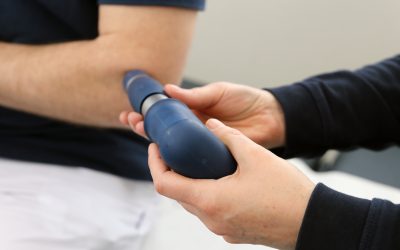Critically ill patients require close monitoring during medical travel trips. A critical care flight nurse is trained to manage emergencies such as sudden bleeding, chest pain, blood pressure spikes, and very high fevers. Here are some medical interventions that a flight nurse may implement to treat high fevers related to bacterial infections.
Intravenous Fluids
High fevers can cause dehydration, which can be life-threatening in those who are already critically ill. If your loved one develops an elevated temperature as a result of a bacterial infection, intravenous fluids may be initiated by the nurse. The fluids may consist solely of cool saline solution, or may contain medications.
During the intravenous treatment, the nurse will monitor the patient for signs and symptoms of hypernatremia, which may be caused by the use of intravenous saline solution. Hypernatremia refers to high levels of sodium in the bloodstream. Symptoms may include excessive thirst, elevated heart rate, decreased urinary output, fatigue, and dry mouth.
Antipyretic Medication
Another effective intervention the flight nurse may implement for a bacterial infection-related high fever is the administration of antipyretics. These are also known as fever-reducing medications, and include ibuprofen, aspirin, and acetaminophen. The medications can reduce a high fever relatively quickly, however, larger or repeated doses may be necessary. If your critically ill loved one is unable to take medications by mouth, the nurse may administer the antipyretics through the intravenous route.



